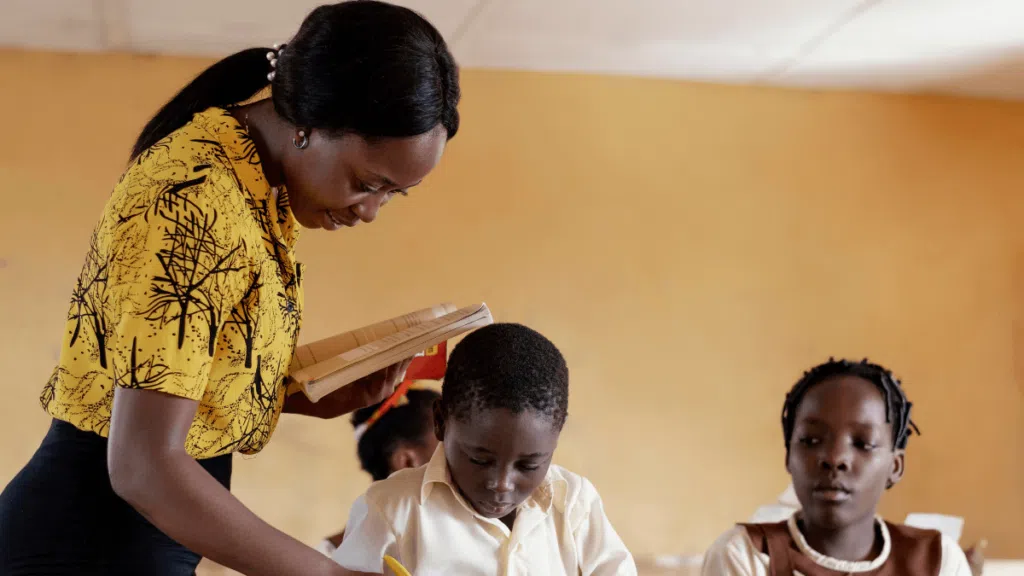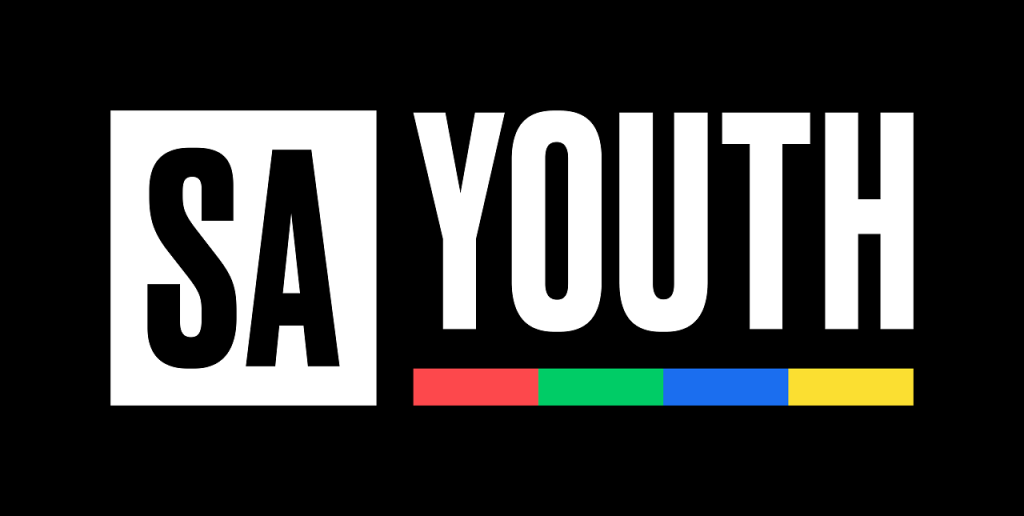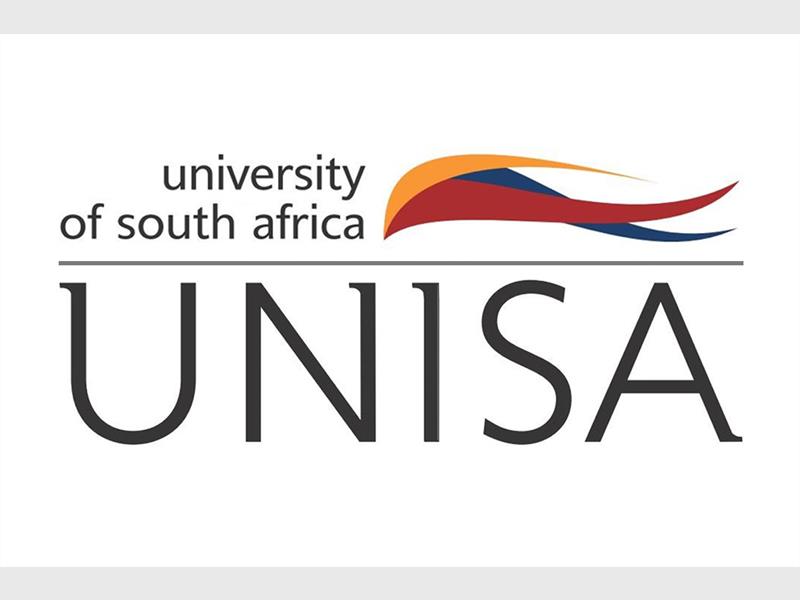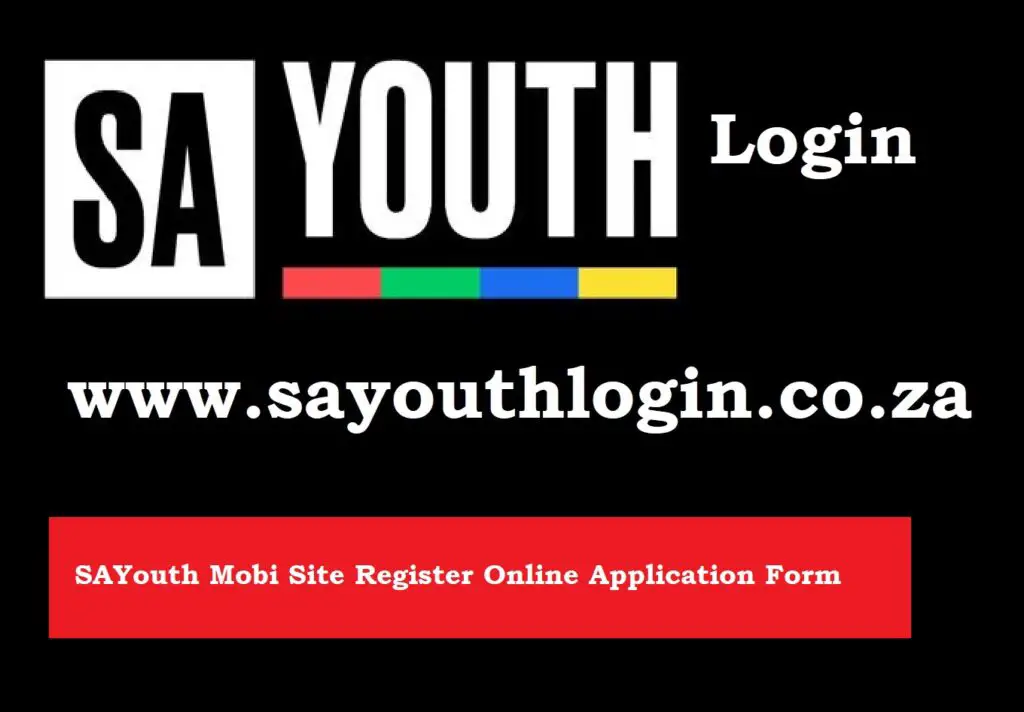
The Department of Basic Education (DBE) in South Africa has launched Phase V of the Basic Education Employment Initiative (BEEI), a government-led program aimed at addressing youth unemployment while simultaneously enhancing the quality of education in public schools. One of the most sought-after roles in this initiative is that of an Assistant Teacher, which offers young South Africans the opportunity to gain work experience, develop skills, and contribute positively to their communities.
What is the BEEI Phase V?
The BEEI is a component of the Presidential Youth Employment Initiative (PYEI) and forms part of the broader Economic Reconstruction and Recovery Plan. Its main objective is to create employment opportunities for unemployed youth between the ages of 18 and 34, particularly those who are not in education, employment, or training (NEET). The initiative is implemented through the Department of Basic Education in collaboration with provincial education departments and schools across the country.
Phase V continues the success of previous phases by focusing on placing youth in schools as Education Assistants and General School Assistants, with Assistant Teacher roles forming a critical part of this program.
Role of an Assistant Teacher
An Assistant Teacher is placed in a classroom to support the lead teacher in various activities, including:
- Assisting with classroom management and lesson preparation
- Supporting learners with reading, writing, and numeracy
- Helping to supervise learners during breaks and school activities
- Facilitating learning for learners with barriers to education
- Providing administrative support such as marking, filing, and organizing materials
This position does not require formal teaching experience but demands a passion for education, patience, and a willingness to learn and grow.
Who Can Apply?
To qualify for the Assistant Teacher position under BEEI Phase V, applicants must meet the following eligibility criteria:
- Be aged 18 to 34 years old.
- Be unemployed and not enrolled in any form of education or training during the application and placement period.
- Be a South African citizen with a valid RSA ID or valid passport.
- Have a minimum educational qualification of Grade 12 (Matric).
- Reside close to the school where the placement will occur (to avoid transport issues).
- Preference will be given to applicants with post-matric qualifications in education or related fields.
How to Apply
Applications for BEEI Phase V are made through the SAYouth.mobi platform, which is zero-rated (no data needed) and user-friendly. Follow these steps:
- Visit: https://sayouth.mobi
- Register using your South African ID number and create a profile.
- Once logged in, search for “Education Assistant” or “BEEI Phase V” opportunities in your area.
- Apply to schools near your home for a higher chance of placement.
- Upload or update your CV and ensure your profile details are accurate.
Important Note: Only applications submitted through the SAYouth platform will be considered. Walk-ins or direct applications to schools will not be accepted.
Selection and Placement
Once applications close, shortlisted candidates will be contacted by the school or district officials. Successful applicants will undergo orientation and basic training before starting their role. The contract period typically lasts for 5 to 6 months, with a monthly stipend provided to participants.
Assistant Teachers also receive training in digital skills, workplace ethics, and child safety – all of which enhance their employability beyond the program.
Final Thoughts
The BEEI Phase V Assistant Teacher opportunity is more than just a job – it’s a stepping stone into the education sector and a chance to make a lasting impact on the lives of learners. It also provides invaluable experience, particularly for those considering a future in teaching, education, or child development.
Interested applicants are encouraged to apply early, prepare a neat CV, and engage actively in the program if selected. This initiative is a golden opportunity for South African youth to grow personally and professionally while supporting the foundational education system.






